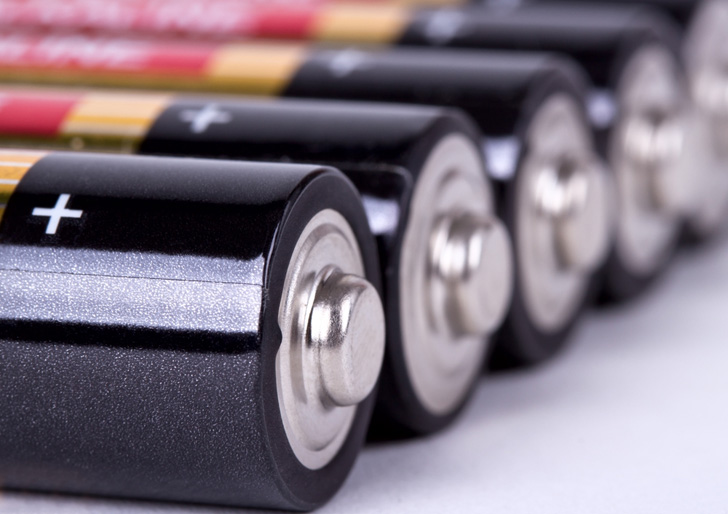Manufacturers are focusing on manufacturing battery, which can provide high performance and have long-life span. For instance, CONMED launched Hall lithium battery system in 2013, which has double power storage capability than standard batteries and can be used in reconstructive orthopedic procedures for uninterrupted surgery procedure. Furthermore, increasing demand for implantable devices to cater to rising population suffering from chronic diseases such as diabetes and cardiovascular, is expected to aid in high demand for implantable batteries. According to World Health Organization (WHO), CVDs are the major cause of death globally: more people die annually from CVDs. In 2015, it was estimated that 17.7 million people died from CVDs, representing 31% of all global deaths. Of these deaths, an estimated 7.4 million were due to coronary heart disease and 6.7 million were due to stroke, which is expected to increase the demand of pacemakers, in turn favoring the growth of medical batteries. Moreover, in February 2017, Ultralife Corporation launched 492Wh Lithium iron phosphate (LiFePO4) smart battery, which is equipped with accurate fuel gauging and integrated safety circuitry that is designed to replace Sealed Lead Acid (SLA) batteries used in medical carts.
Click To Continue Reading On Medical Batteries Market
Increasing prevalence of chronic diseases such as diabetes and cardiovascular is leading to rising demand for medical batteries in devices required for treatment of these diseases. According to Center for Disease Control and Prevention in 2015, leading cause of death in the U.S. was heath disease and each year about 630,000 Americans die from heart disease. This is expected to support demand for medical devices required for treatment and prevention of this disease in turn aiding in growth of the medical batteries market in the U.S. Furthermore, the number of people suffering from diabetes increased from 108 million in 1980 to 422 million in 2014 worldwide. This has led to high demand for products such as insulin pumps, which require batteries.
Battery systems consists of one or more storage batteries and battery chargers, and includes inverters, converters, and associated electrical equipment. As instruments are increasingly becoming computerized and mobile, systems’ performance and reliability depends on its battery. There are three major types of batteries used in medical devices based on their chemical composition, which includes lithium batteries, nickel-metal hydride batteries, and zinc-air batteries. Demand for medical batteries has increased significantly in the recent past, due to advancements in technology in lithium ion batteries for better performance and durability. For instance, in December 2017, Hong Kong-based company, Surwon Technology, has successfully completed the grapheme layering process to conduct energy through lithium-ion battery.
The global medical batteries market was valued at US$ 2,059.1 million in 2016 and is expected to witness a robust CAGR of 6.4% over the forecast period (2017–2025).
Get The Holistic SAMPLE With Research Methodology:
https://www.coherentmarketinsights.com/insight/request-sample/1174
GOT NEWS? click here
Google News, Bing News, Yahoo News, 200+ publications
About Coherent Market Insights:
Coherent Market Insights is a prominent market research and consulting firm offering action-ready syndicated research reports, custom market analysis, consulting services, and competitive analysis through various recommendations related to emerging market trends, technologies, and potential absolute dollar opportunity.
Contact Us:
Mr.Shah
Coherent Market Insights
1001 4th Ave,
#3200
Seattle, WA 98154
Tel: +1-206-701-6702
Email:sales@coherentmarketinsights.com
Visit our news Website: https://www.coherenttimes.org







